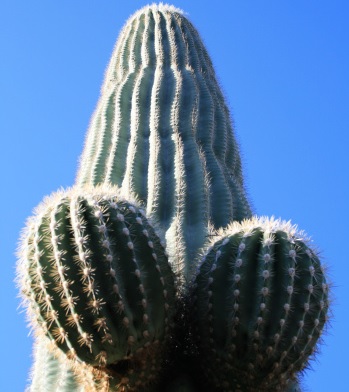freediver
Gold Member
     Offline
Offline

www.ozpolitic.com
Posts: 50389
At my desk.
|
A Labor politician told me today that a recount in South Australia would take the form of a "special count" in which only Bob Day's votes would be redistributed. That does not entirely make sense. I would expect a full recount for all 12 senators. Does anyone have any more info on this?
http://www.aec.gov.au/
Topic of public interest
Senate vacancy South Australia
On 5 April 2017, the High Court determined that a special count be conducted to elect a new representative to the Senate from South Australia in order to fill a vacancy created by the disqualification of Mr Bob Day.
The AEC notes that the decision requires further directions by a Justice of the High Court. Upon receiving these directions the AEC will conduct the special count.
Further information will be provided when it is available.
https://en.wikipedia.org/wiki/List_of_Australian_Senate_appointments#List_of_inv
alid_elections_and_appointments_to_the_Senate
This is a list of people who have been declared to have been elected or appointed to the Australian Senate that the High Court, sitting as the Court of Disputed Returns, has subsequently declared to be void. Some of these have actually sat in the Senate and participated in proceedings however the High Court has held that their presence did not invalidate the proceedings of the Senate.[4]
https://en.wikipedia.org/wiki/Rod_Culleton
On 3 February 2017, the High Court determined the Senate reference, unanimously finding that Culleton had been ineligible for election to the Senate. At the time of the 2016 election he was subject to being sentenced to imprisonment for up to two years, which under Constitution section 44(ii) rendered him ineligible for election. This had not been affected by the subsequent annulment of the finding of guilt; the annulment had operated only from the time of the annulment. The vacancy should be filled by a special count of the ballot papers. Any directions necessary to give effect to the conduct of the special count should be made by a single Justice. However, the Court anticipated that a simple recount, as if Culleton had not been a candidate, would make the votes cast for him (so far as they were "above the line", which was 96% of them) would flow through to the next One Nation candidate.
https://en.wikipedia.org/wiki/Peter_Georgiou
A consequence of this ruling was that the ballots underwent a special count discounting Culleton's position on the paper, and Georgiou was elected in his place.
http://www.austlii.edu.au/au/other/HCATrans/2017/51.html
On 3 February 2017, this Court answered questions referred to it as the Court of Disputed Returns by the President of the Senate. The answer to question (a) was to the effect that there is a vacancy in the representation of Western Australia in the Senate for the place for which Senator Rodney Norman Culleton was returned. It was further ordered that the vacancy should be filled by a special count of the ballot papers and any directions necessary to give effect to the conduct of the special count should be made by a single Justice. On 2 March 2017, Justice Keane made further orders. The special count has been undertaken.
https://en.wikipedia.org/wiki/Australian_Senate_special_election_in_Western_Aust
ralia,_2014
A half-Senate election for the election of six Senators occurred in Western Australia on 5 April 2014.[1] Preferences were distributed on 29 April 2014.[2][3] The outcome was 3 Liberal, 1 Labor, 1 Green and 1 Palmer United Party. Compared to the 2013 result, the Sport party's Wayne Dropulich was replaced by Zhenya Wang of the Palmer United Party.
The election was called after the result of the 2013 Australian federal election for the seats was voided by the High Court of Australia, sitting as the Court of Disputed Returns, on 20 February 2014. The election came about as a result of 1,375 ballot papers being lost during an official recount in November 2013. The High Court ruled that because the number of lost ballots far exceeded the margin for the two remaining Senate seats, the only acceptable remedy was to throw out the results and hold a fresh election. This decision set in motion the process of a special election.[4][5]
The election is unprecedented in Australian federal politics. An election was held in South Australia in 1907 for the election of one senator under a previous electoral system. Half-Senate elections without a corresponding Australian House of Representatives election have occurred several times due to effluxion of time, the last one having been held in 1970.
https://en.wikipedia.org/wiki/Blundell_v_Vardon#Vardon_v_O.27Loghlin
https://en.wikipedia.org/wiki/List_of_Australian_Senate_appointments
|

 Forum
Forum

 Home
Home 

 Album
Album 

 Help
Help

 Search
Search

 Recent
Recent 

 Rules
Rules 

 Login
Login

 Register
Register





 Pages:
Pages: 

